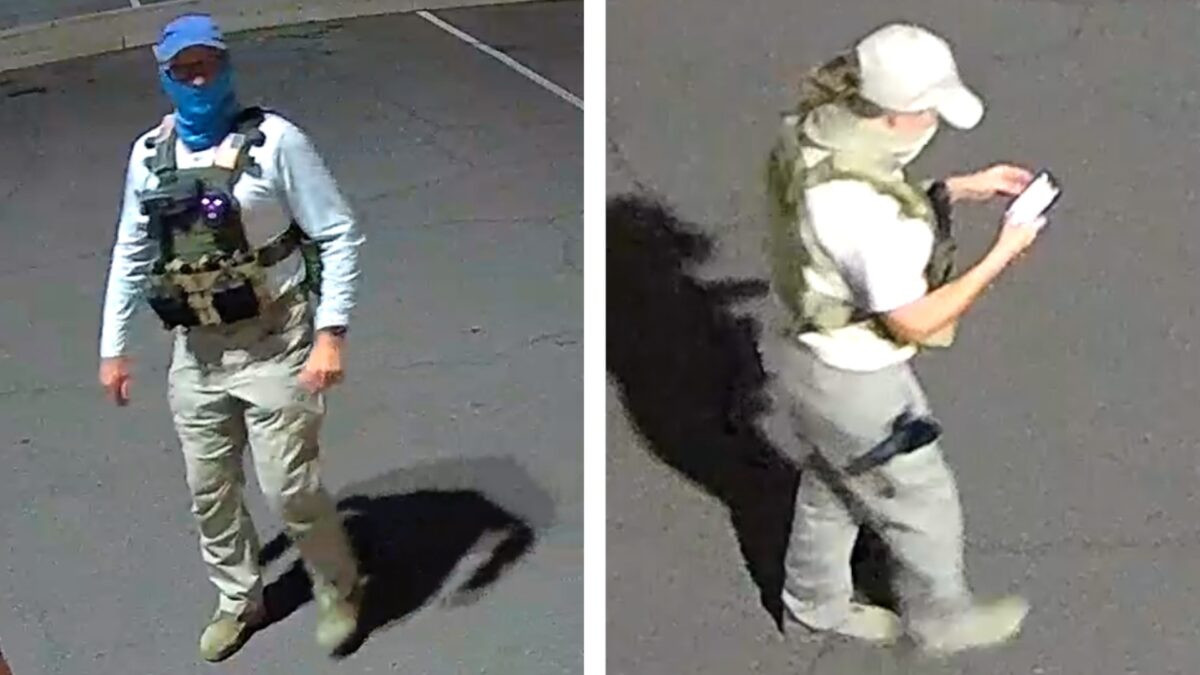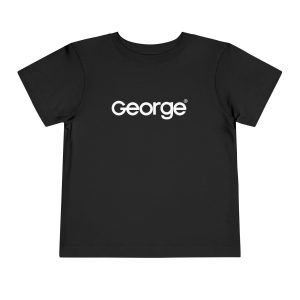
The voter drop box lawsuit between the League of Women Voters of Arizona and Melody Jennings, founder of Clean Elections USA, concluded recently a confidential settlement agreement.
Inspired by the film “2,000 Mules,” Jennings and others organized citizens to watch for anyone stuffing multiple ballots into drop boxes, take their photos, and report their vehicle license plates to police. Some box watchers carried guns on their bodies, which is allowed under Arizona’s law.
Calling the action voter intimidation, the League of Women Voters of Arizona went to the Federal District of Arizona in October 2022, seeking to stop the ballot box watching.


In addition to Jennings, the case initially involved the Arizona groups Lions of Liberty and Yavapai Preparedness Team, who were similarly watching drop boxes. Soon after the case began, those groups agreed to stop watching drop boxes and were dismissed from the case.
“This case is about freedom of expression and assembly and protecting the rights of folks to express their displeasure and their security concerns about drop boxes, by engaging, allegedly, in drop box monitoring,” Alexander Kolodin of Davillier Law Group LLC in Phoenix, an attorney representing Jennings, told The Epoch Times. “The claims were amicably resolved. Both parties, as part of that resolution, reaffirmed their commitment to freedom of speech, freedom of assembly as well as their disapproval of any sort of voter intimidation, which from our perspective, our client didn’t engage in.”
He could not speak in detail about the terms of the settlement agreement because of the confidentiality agreement.
True the Vote, the group behind “2,000 Mules,” provided financial support for Jennings’ legal defense.
“I am happy to have had the opportunity to stand up for the Constitution and assert my rights on behalf of all Americans,” Jennings said in a statement.
In “2,000 Mules,” True the Vote investigators used geotracking and local government video surveillance to show “mules” carrying multiple ballots and visiting multiple drop boxes in the 2020 election.
“There were constitutional issues of great consequence raised in this case. Today was a win for free speech and the right to assemble peaceably. Today, freedom won,” Catherine Engelbrecht, president of True the Vote, said in a statement after the settlement.
The film touched nerves in the political sphere after the 2020 election and some tried to discredit it. In its court filing, represented by a team of six attorneys, the League of Women Voters of Arizona called the film “debunked.”
“This campaign of intimidation is predicated on lies. Defendants have promoted and fixated on a thoroughly debunked conspiracy theory that so-called ‘ballot mules’ illegally ‘stuffed’ ballots in drop boxes during the 2020 election,” League of Women Voters said in its court complaint.
“The theory arises from a widely viewed 2022 disinformation film, 2000 Mules, which falsely claims to show evidence—including surveillance footage—of the so-called ‘mules’ illegally depositing ballots in drop boxes. In reality, the film—which has been roundly discredited by experts for its flawed analysis—presents images of innocent voters lawfully casting their ballots and uses their images to peddle a dangerous conspiracy theory that has done untold damage to those voters, their families, election workers, and trust in the electoral process.”
True the Vote stands by the accuracy of its findings.
Pinny Sheoran of Scottsdale, Arizona, president of the League of Women Voters of Arizona, testified that the group is nonpartisan.
“The League’s mission is to empower voters and defend democracy. And we vision a democracy where any citizen who is eligible to vote is informed, educated, votes with confidence, and is unafraid to vote in any election to which they wish to participate,” Sheoran testified. “The League is not a partisan organization. We are a political organization, and we do stand up for issues. We believe that issues are nonpartisan. We do not support/oppose any party or candidates.”
The League focuses on three actions, she said. The first is educating voters, which includes registering voters, informing voters about upcoming elections, helping voters know how to navigate the election process, and answering questions about where they can vote.
“Our second principle is to advocate on issues that the League has taken as important for the communities in which we live, and that advocacy could involve some lobbying,” Sheoran testified.
Advocacy is the third action.
League of Women Voters, according to its website, currently advocates for several left-leaning issues.
The League favors a national health insurance plan financed through general taxes in place of individual insurance premiums.
It is also pro-abortion.
“Without the ability to make reproductive decisions for one’s own body, women and those who can become pregnant cannot participate equally in our democracy,” the League of Woman Voters website says.
The League is urging Congress to protect the $20 billion in spending on “climate-smart agriculture and conservation technical assistance” initiatives, including “incentive-based conservation programs” that encourage farmers to sequester carbon and reduce greenhouse gas emissions.
![[GOOD PRESS] ON[GOOD PRESS] ON](https://georgemagazine.com/wp-content/uploads/2024/08/16389056566437433941_2048-300x300.jpeg)
![Enjoy the [Road] Show Travel Mug with Handle, 14ozEnjoy the [Road] Show Travel Mug with Handle, 14oz](https://georgemagazine.com/wp-content/uploads/2024/08/479070202831754764_2048-300x300.jpeg)


Discount Applied Successfully!
Your savings have been added to the cart.